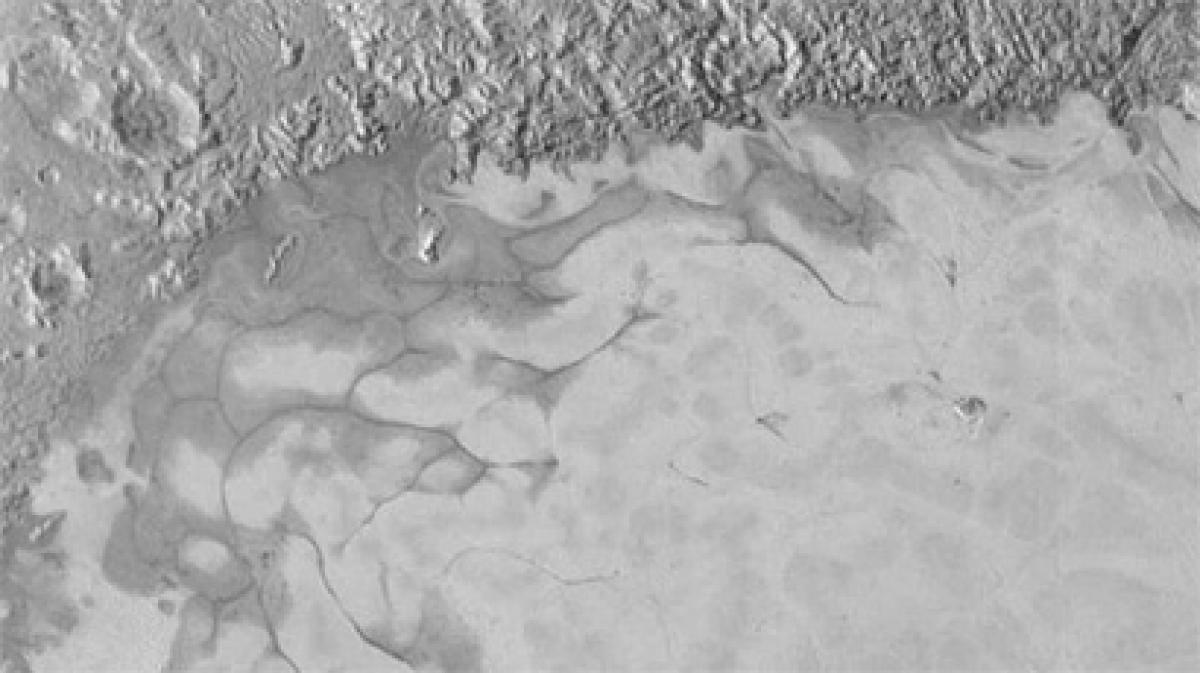Live
- South Korea: Main Oppn hails Yoon's impeachment motion passage as 'victory for people, democracy'
- RG Kar issue: Tension flared over parallel protests by Congress, SUCI(C) outside CBI offices
- After furore, Central Railway revokes order to raze Lord Hanuman Temple at Dadar
- Now hoteliers' body in Bengal's Alipurduar shut doors for Bangladeshi tourists
- District Collector Encourages Students to Utilize Government Facilities for a Better Future
- Per capita availability of fruits, vegetables increases in India
- FII buying reaches Rs 22,765 crore in Dec as economic growth stays resilient
- National Energy Conservation Day 2024: Date, Importance, and Easy Ways to Save Energy
- Gastronomic trouble: After 'disappearing' samosas Himachal CM in row over red jungle fowl
- Meaningful dialogue a priceless jewel of democracy: Jagdeep Dhankhar









